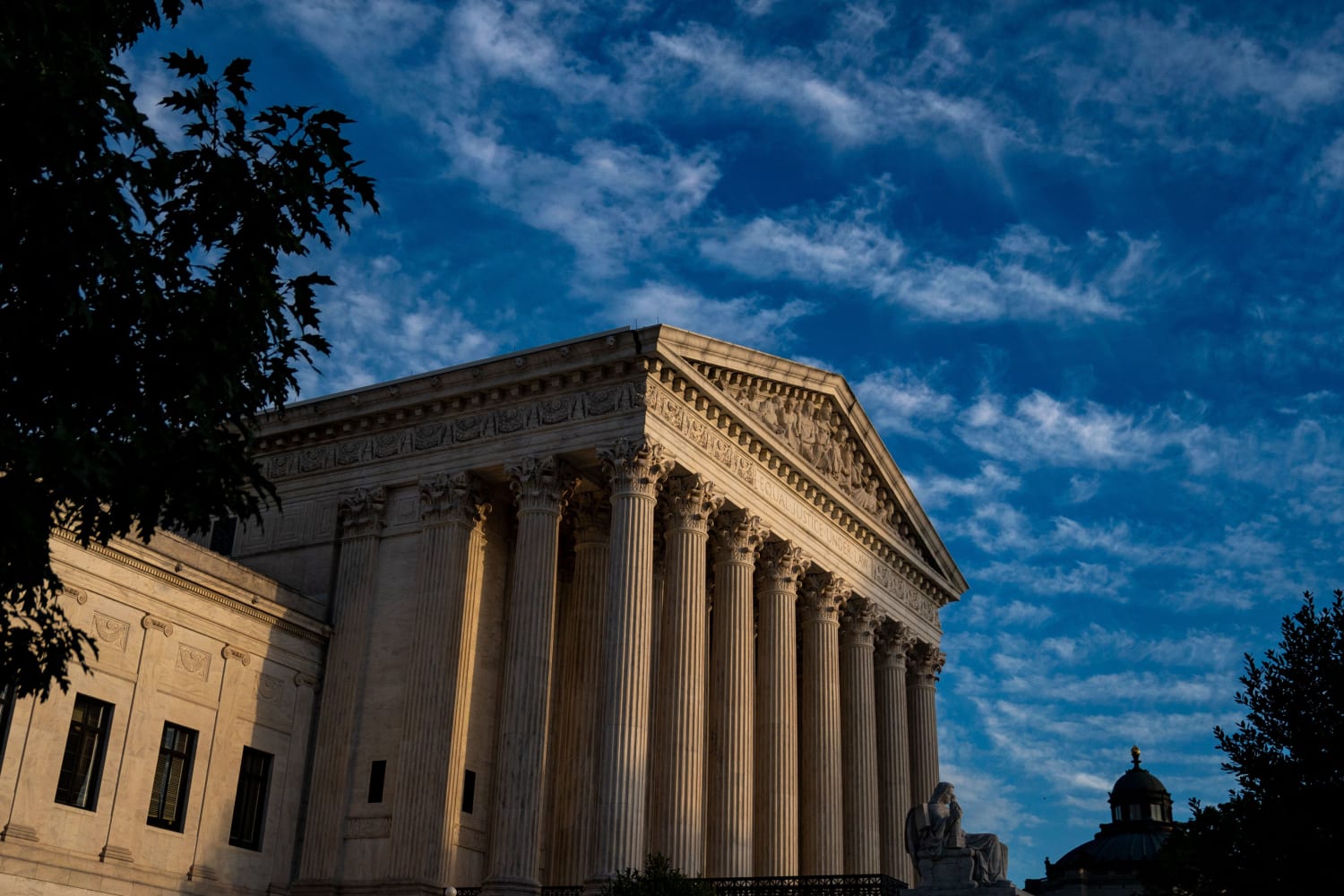WASHINGTON — The Supreme Court on Friday rejected Tulsa’s bid to block a lower court ruling that cast into doubt the Oklahoma city’s ability to enforce municipal ordinances, including traffic laws, against Native Americans.
The justices left in place for now the appeals court ruling that said, in light of a 2020 Supreme Court ruling that expanded tribal authority in Oklahoma, Tulsa no longer had exclusive jurisdiction to issue traffic citations against tribe members.
In a brief statement, Justice Brett Kavanaugh noted that the litigation will continue in lower courts and that the city may have alternative arguments that could succeed. He also said that nothing prevents the city from “continuing to enforce its municipal laws against all persons, including Indians.”
As a result of the 2020 ruling in a case called McGirt v. Oklahoma, large swathes of eastern Oklahoma were deemed to be Native American land, including Tulsa.
The ruling marked a major victory for tribes, which have traditionally struggled to assert their sovereignty.
The city and surrounding area fall within the jurisdiction of what are known as the “five tribes” of Oklahoma, although there are numerous other tribes in the state. The five tribes — the Muscogee (Creek), Seminole, Cherokee, Choctaw and Chickasaw — were forcibly moved west in the 19th century in the traumatic event known as the Trail of Tears. Tulsa itself sits on Muscogee and Cherokee lands
The case before the court involved Justin Hooper, a member of the Choctaw Nation, who contested a $150 fine he received in Tulsa’s municipal court after being caught speeding. He argued that the court did not have jurisdiction over him because he is Native American, citing the 2020 Supreme Court ruling.
The city countered that it did have such power under an 1898 law called the Curtis Act, which gave lawmaking authority to cities incorporated in Indian Country. The law pre-dated Oklahoma becoming a state in 1907.
Tulsa turned to the Supreme Court after the Denver-based 10th U.S. Circuit Court of Appeals ruled in favor of Hooper in June.
“The effect of this decision is that the City of Tulsa, and other similar cities throughout eastern and southern Oklahoma, cannot enforce municipal ordinances against Indian inhabitants who violate them within City limits,” Tulsa’s lawyers said in court papers.
Tribes responded that the city could remedy the problem by expanding the implementation of cross-deputization agreements with tribal police, which are already commonplace in the state.
The tribes said in court papers that other municipalities in eastern Oklahoma have cooperated on traffic tickets. Under that system, tickets issued against tribal members by city police are referred to the tribe, which then enforces them and remits most of the revenue back to the city in question.
The McGirt ruling was welcomed by tribes but has met with a frosty reception from some Oklahoma officials, most notably the state’s Republican governor, Kevin Stitt, who warned after the appeals court ruling that “there will be no rule of law in eastern Oklahoma” if it was allowed to stand.
In a 2022 ruling, the Supreme Court undercut the impact of the McGirt ruling in a ruling that expanded state power over tribes.
Earlier this year, the court handed a surprising win to tribes when it rejected a challenge to the Indian Child Welfare Act, a federal law aimed at keeping Native American families together in the foster care and adoption process.
The court, however, then ruled against Navajo Nation in a separate case concerning water rights.
Source: | This article originally belongs to Nbcnews.com










